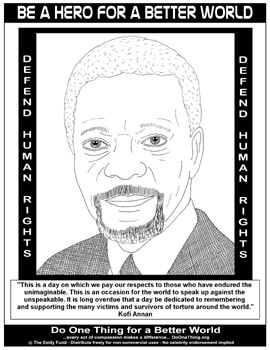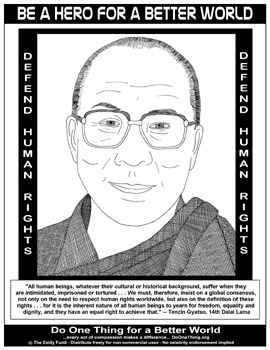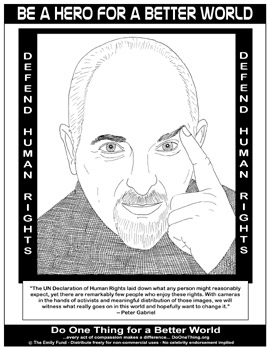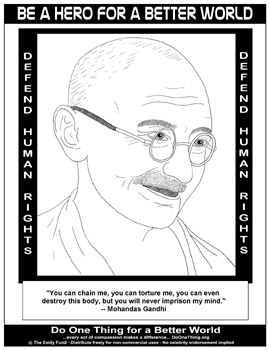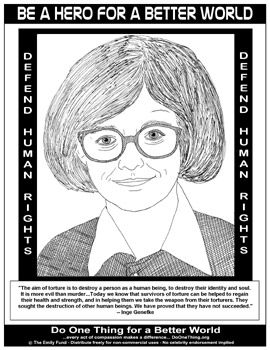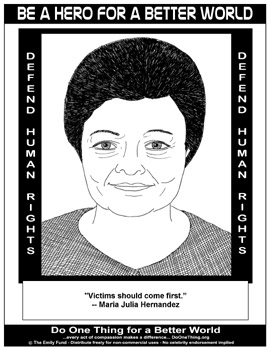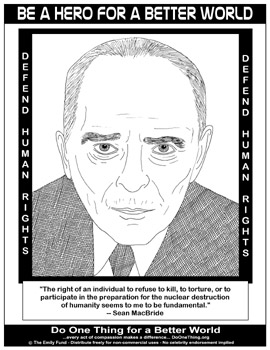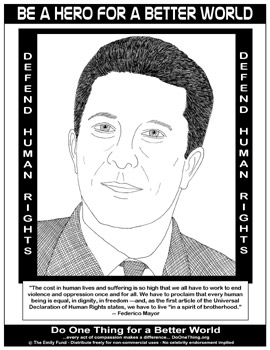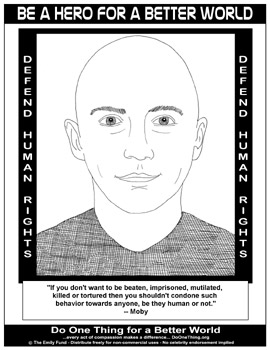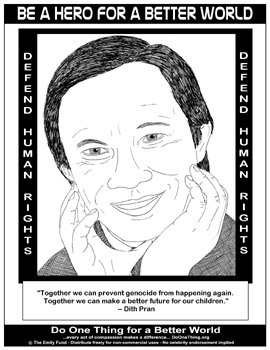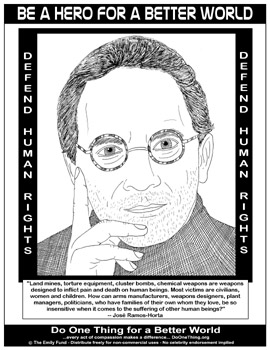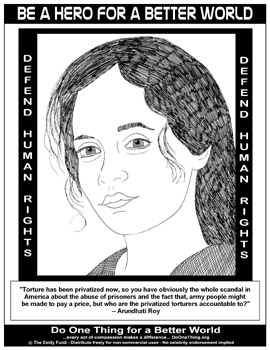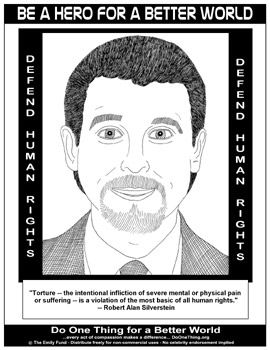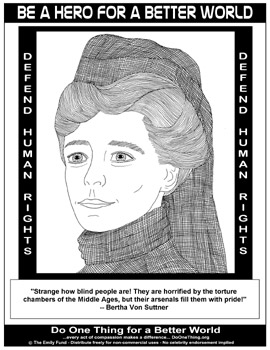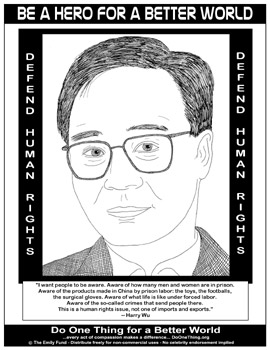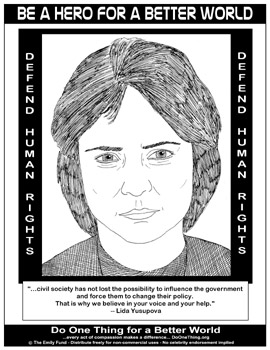Torture
-- the intentional infliction of severe mental or physical pain
or suffering -- is a violation of the most basic of all human
rights. Throughout history, many documents and agreements have
been created to restrict or eliminate this most inhumane of
all human actions. The Geneva Conventions, for example, was
introduced in 1864 to ensure that prisoners and civilians are
treated humanely during times of war. Article 5 of The Universal
Declaration of Human Rights adopted by the United Nations in
1948 states that, "no one shall be subjected to torture or to
cruel, inhuman or degrading treatment or punishment." The
United Nations created a comprehensive legal document called
the Convention Against Torture and Other Cruel, Inhuman or
Degrading Treatment or Punishment which went into force
on June 26, 1987, outlawing torture in the more than 100 countries
which signed the convention. However, since then government-sanctioned
torture has taken place in 150 countries, and in 70 of those
countries torture by state officials was widespread.
Anyone
can be a victim of torture -- soldiers, prisoners, men, women
and children, young or old. Members of a particular religious,
political or ethnic group are often the targets. A torture victim
isn't the only one to suffer -- the whole family and community
can be affected. Torture is sometimes used by one group to send
a warning to other members of a different religious or political
group. The pain a torture victim experiences is only the beginning
-- many victims suffer psychological scars for years. Post-traumatic
stress disorder (PTSD) is common, causing flashbacks, depression,
nightmares and insomnia
Organizations
like the International Rehabilitation Council for Torture Victims
help torture victims rebuild their lives with medical and psychological
treatment, as well advocate for the elimination of torture around
the world. There are more than 200 rehabilitation centers and
programs around the world helping torture survivors. Other organizations
like Amnesty International monitor torture violations around
the world and help bring legal actions to stop torture.
June
26 is observed each year as the UN International Day in Support
of Victims of Torture. It is an opportunity to educate your
community about the widespread presence of torture around the
world. It's a chance to help urge the countries that haven't
signed the Convention against torture to do so, and to ensure
that countries that have never allow torture to take place.
End
Torture Day - June 26





